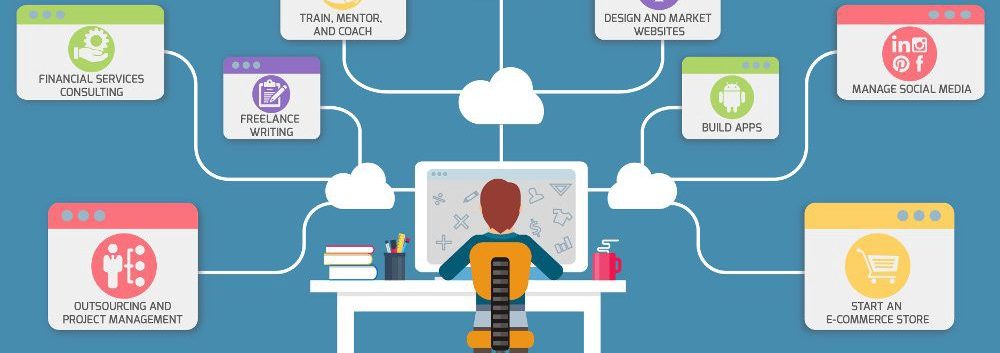Navigating the complex world of personal finances can be challenging, but seeking guidance from a financial advisor can provide valuable insights and strategies to help you achieve your financial goals. While the cost of financial advice can be a deterrent for some, there are several resources available that offer free financial advisor consultations and guidance. Here are some of the top resources to consider when seeking no-cost financial advice:
1. Financial Planning Associations:
Financial Planning Associations like the Financial Planning Association (FPA) and the National Association of Personal Financial Advisors (NAPFA) often provide access to free consultations with certified financial planners. These associations prioritize financial literacy and may help connect you with a financial advisor who can offer guidance on budgeting, investing, and retirement planning.
2. Non-Profit Organizations:
Non-profit organizations such as the National Foundation for Credit Counseling (NFCC) and the Consumer Financial Protection Bureau (CFPB) offer free financial counseling services to individuals seeking guidance on managing their finances. These organizations can connect you with trained financial counselors who can provide personalized advice on budgeting, debt management, and financial planning.
3. Government Resources:
Government agencies like MyMoney.gov and the Securities and Exchange Commission (SEC) provide resources and tools for individuals seeking financial guidance. MyMoney.gov offers tips on managing money and planning for the future, while the SEC’s Investor.gov provides information on investing, financial scams, and how to protect your investments.
4. Online Financial Advisor Platforms:
Online financial advisor platforms like SmartAsset, NerdWallet, and Personal Capital offer free consultations with financial advisors who can help you with various aspects of financial planning. These platforms may provide personalized recommendations, investment analysis, and retirement planning guidance based on your financial goals and risk tolerance.
5. Employer Assistance Programs:
Some employers offer free financial counseling services as part of their employee assistance programs. Check with your HR department to see if your company provides access to financial advisors who can offer guidance on budgeting, debt management, and retirement planning. Taking advantage of this benefit can help you improve your financial well-being at no additional cost.
6. Community Workshops and Events:
Community organizations, libraries, and financial education centers often host workshops and events where financial advisors provide free guidance on personal finance topics. Attending these events can give you the opportunity to ask questions, learn from experts, and get valuable tips on managing your finances effectively.
By utilizing these top resources for free financial advisor consultations and guidance, you can access professional advice, improve your financial literacy, and take steps towards achieving your financial goals. Remember that seeking help from a financial advisor can provide you with the knowledge and tools needed to make informed decisions and build a solid financial foundation for the future.




